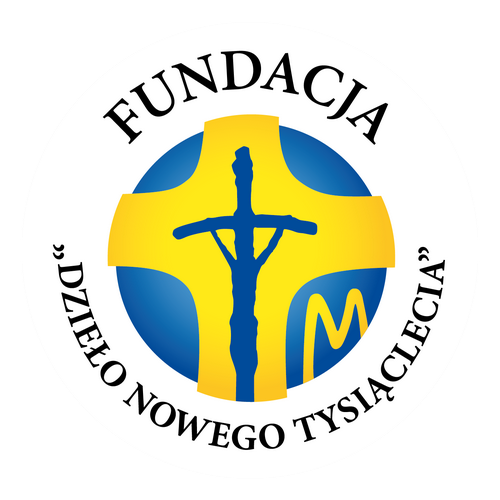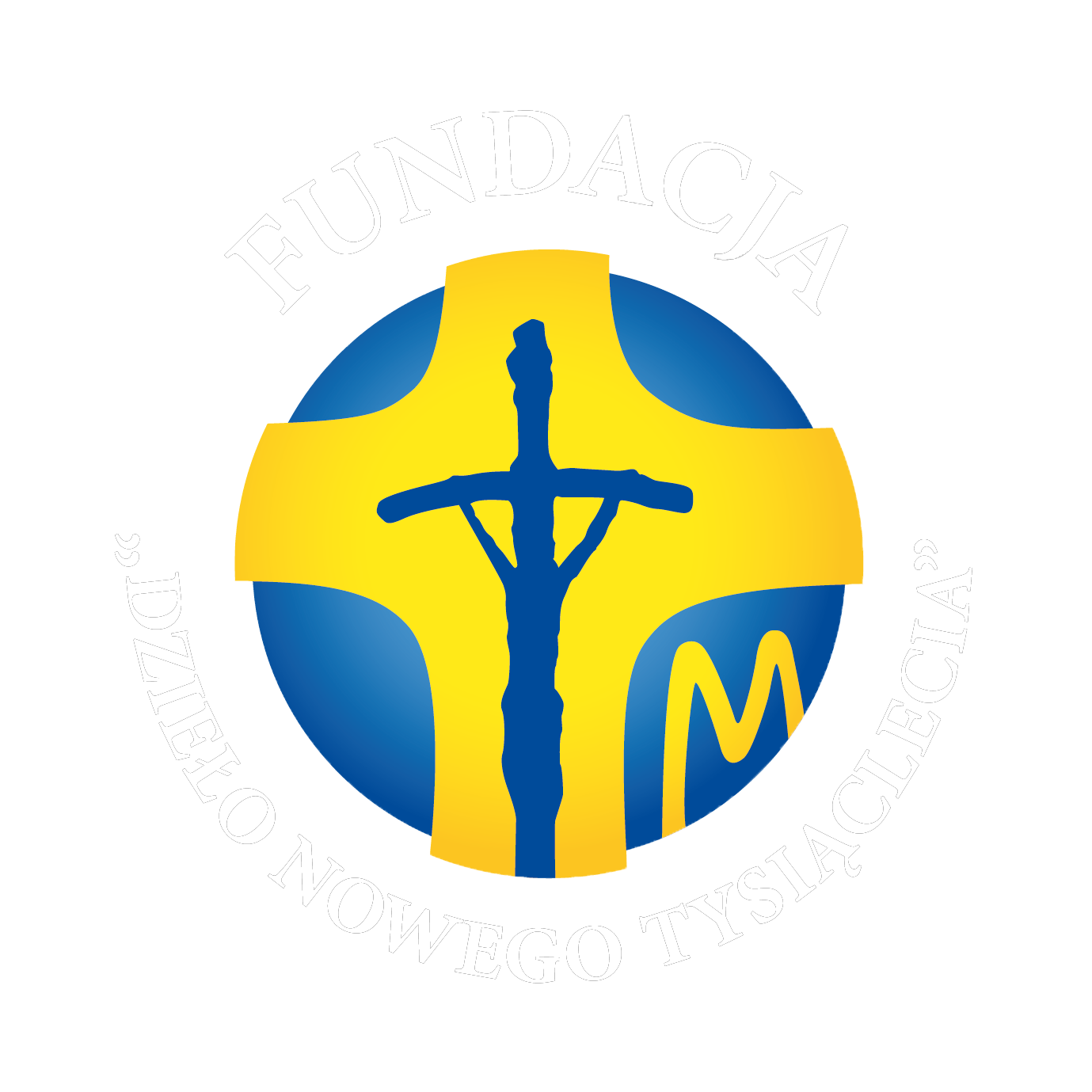ABOUT THE PROGRAMME
The scholarship programme for junior high school and high school students
Leading the scholarship programme is one of the most important activities that the Foundation has done from its very beginning. The stipends are granted to clever adolescents from nonaffluent families living in the countryside and small towns by the terms of the “Statute for granting the “Dzieło Nowego Tysiąclecia” Foundation’s scholarships” that was approved by the Administration. In 2001, there were only 500 scholars from 5 dioceses. In the course of time, the scholarship programme has reached another ones all over Poland due to Poles’ generosity. The number of the scholars is constantly growing. Supporting the youth throughout their education process – from a junior high school to studies at universities – is the main Foundation’s aim. Nowadays, after 15 years of its activity, the Foundation assists nearly 2500 scholars from junior high schools, high schools and universities all over the country. The scholarship fund consists mainly of a nationwide fundraising organized every year during The Pope Day, 1% tax contributions and donations from private and institutional Donors.
The criteria for granting the scholarships:
- Residence in a countryside or a town that numbers maximum 20 000 residents.
- Scholar’s and his family financial and social situation:
- the acknowledged income per person in a family must be lower than 0.7 of the lowest gross salary that the Minister of Labour and Social Policy announces each year, as of the date of application
- the average mark must be at least 4.8 at a junior high school and 4.5 at a high school or other documented achievements (for example: participation in contests, competitions or brilliance in a specific area). The average mark can be lower in exceptional and jusitified cases.
- the scholar must receive a positive opinion from:
- his religion instructor,
- his educator or school head teacher,
- the parish priest of the parish he belongs to,
- the diocesan coordinator,
- the charity organization, for example “Caritas”, he has been co-operating with.
In order to get the stipend again, the scholar must have been participating in the full scholarship programme during the previous year. That means, the diocesan coordinator (or another authorized person) must acknowledge the scholar’s charity work for his local environment as well as his presence at the diocesan meetings and the formation camp during holidays. The recruitment of new scholars lasts all year, depending on the number of available stipends in dioceses. Diocesan coordinators are those who collect the applications.
The scholar’s duties
- The scholar is responsible for his intellectual and spiritual development.
- The scholar represents the Foundation with dignity in his local environment through appropriate behaviour and concrete social investment.
- The scholar works as a volunteer for the sake of his school, parish or town environment.
- The scholar manages his funds received as the stipend in accordance with the regulations, in a way that aids gaining and deepening knowledge as well as acquiring new abilities.
- The scholar attends in the full Foundation’s scholarship programme, which means that he is present at the integration camp during holidays, diocesan meetings and other initiatives.
- The scholar is obliged to inform the Foundation’s Office about any additional scholarships that have been granted him from another institutions.
The scholarship programme for university students
It was desire to maintain bonds of friendship and to stay in touch with others that had been met during the holidays meetings as well as longing for the holidays camp’s atmosphere that made the Foundation create communities in the 20 biggest academic cities of Poland. Each of them has its own leader, so-called head of the city whose responsibility is to lead the community during the academic year. There is also so-called foreman who cares after high school graduates that have decided to study in the city. The leadership is chosen by other members of the community. The communities are such places where the academic scholars can get to know each other better and develop spiritually in a much more mature way through activities such as: Holy Masses, retreats, services, recollection days as well as poetry recitals, cinematic evenings, meetings around campfire and common parties. It is a growing number of organized events and other activities that shows us how strong the particular community is.
Formal requirements for university students
The scholarship programme on academic level includes only those who were the scholars as they were high school graduates and got into full-time studies at a public university. Basic requirements for university students are: the average mark 4.0, income per person in the family must not be higher than 0.7 of the lowest gross salary that Minister of Labour and Social Policy announces and presence at the holidays camps. Since one year of studies has passed, there are also another criteria: how many activities the scholar has joined to and whether he has done something as a volunteer.
The most popular subjects among the university scholars
In the 2013/14 academic year the university scholars studied approximately 150 different subjects at over hundred universities in Poland and abroad. Students of finance and accounting (54), law (54), construction (44) and medical studies (43) were the biggest group. The most original subjects that the university scholars chose were: molecular biotechnology, aeronautics and cosmonautics, scandinavian studies, missiology, medical analytics, cognitive studies, ocean engineering, nanotechnology and nanomaterials, organization of film and TV production, opera singing education.
Integration
Most of the scholars, when asked about what the most precious thing they have obtained is, replies: friends. Integration is undeniably one of the most important values of the scholarship programme. Among their peers, the scholars of each level find people with whom they can share much: values, outlook on life, needs and tastes. Young, lively people go together on trips, into the mountains or by the Baltic Sea, they meet and go out in order to get to know each other better. In their academic cities they organize location-based games and trips to places of high historical importance, such as Auschwitz-Birkenau. Their artistic events attract attention. The carnival party for the university scholars and graduates has became a tradition. Over the last three years, it has taken place in the Conservatory of the Wilanowski Palace by courtesy of the Palace’s management. They visit each other during the academic year and celebrate together different events like the Day of St. Andrew, birthdays, end of studies etc. They appreciate these relationships very much. Sometimes it happens that friendship turns into love – among the former and new scholars one can find both married and engaged couples.


